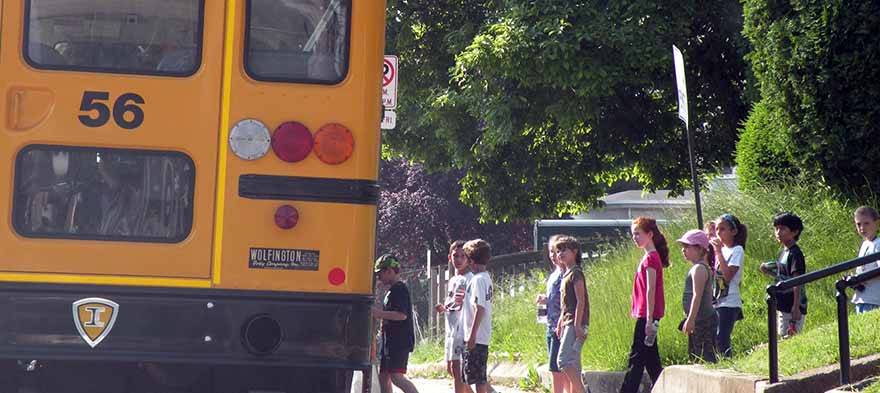
Jan 26, 2018 12:00:00 AM
by Carl Vogel
Carl Vogel is the principal of Vogel Editorial, a communications and content consultancy working in the public interest around issues such as public education, economic development, urban planning and health care. He lives on the Northwest Side of Chicago with his wife and their two children, who both attend Chicago Public Schools.
Few issues in education spark more tension and debate than standardized testing. Are they a tool for equity or a burden on students? A necessary check on school systems or a flawed measure of...
Charter schools are public schools with a purpose. Operating independently from traditional school districts, they're tuition-free, open to all students, and publicly funded—but with more flexibility...
Despite the benefits of a diverse teaching force, prospective teachers of color fall out of our leaky preparation pipeline at every stage: preparation, hiring, induction, and retention. Here’s what...
Ed Post is the flagship website platform of brightbeam, a 501(c3) network of education activists and influencers demanding a better education and a brighter future for every child.
© 2020-2025 brightbeam. All rights reserved.
Leave a Comment